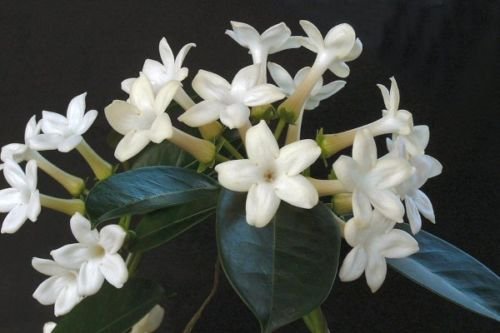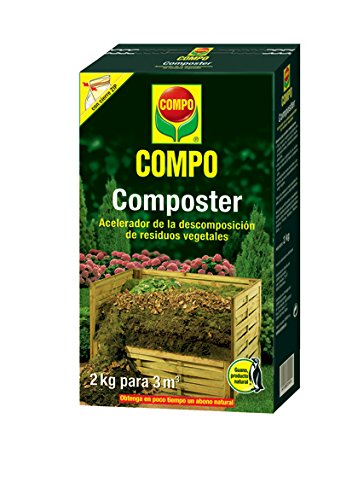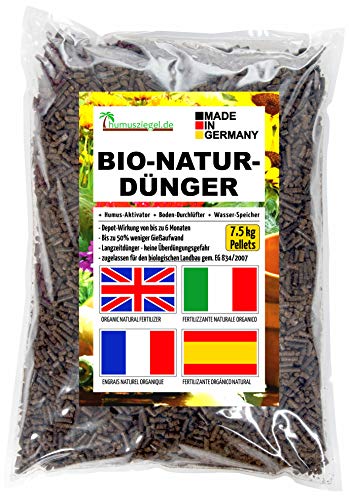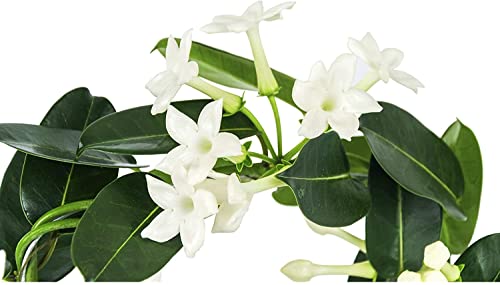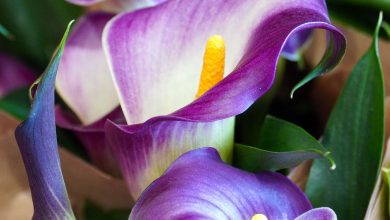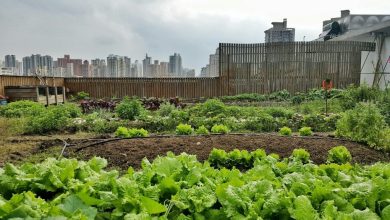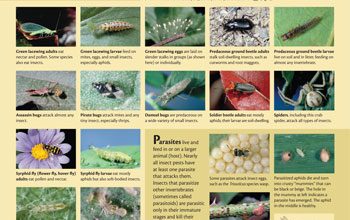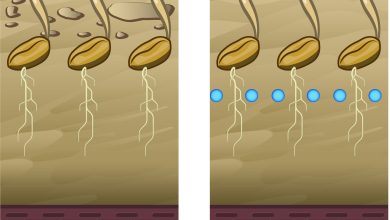Fertilize a Jasmine: How, When and How Much? – Sow100
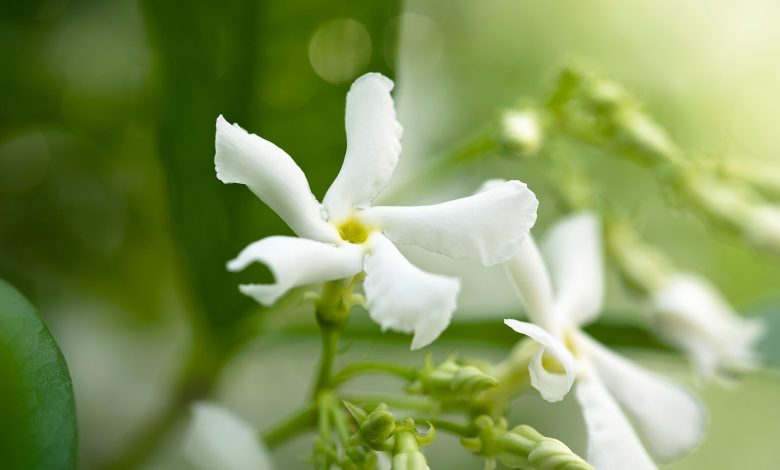
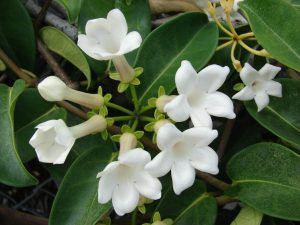 If you are looking for a mix of beautiful flowers plus a rich floral scent, jasmine should be your go-to choice.
If you are looking for a mix of beautiful flowers plus a rich floral scent, jasmine should be your go-to choice.
This plant has nothing to envy to other flowering plants, so if you have decided to have it in your garden we can only congratulate you!
Within its care so that it is in optimal conditions, the jasmine fertilizer is an essential part.
And since we are sure that you do not want to be careless with it, we are giving you this material that will surely get you out of many doubts regarding this topic. Let’s see it?
Why is it important to pay jasmine?
The production of flowers is the greatest energy loss that jasmines have throughout their lives and it is necessary to compensate it with fertilizers.These, in addition to helping them in their internal processes, will also allow them to manifest themselves in the visible environment, with more beautiful and abundant flowers.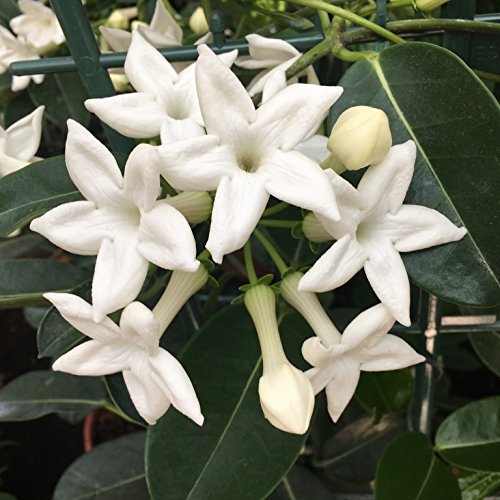
In fact, even the foliage will be favored, showing a plant with excellent health conditions that will be worth multiplying. If this is not enough for you, fertilizing the jasmine is interesting because it serves as a protection barrier against enemy attacks.
A well-nourished jasmine plant will be able to resist the presence of pests or diseases better than one with low nutritional levels. And this is a very important point because the exquisite aroma of jasmine is attractive not only to humans, but also to many insects.
How often should we pay the jasmine?
The seasonal fertilization process will begin when the flower buds begin to appear.From there, you will maintain it by applying it once every 15 days in conjunction with the irrigation water until flowering ends.
This process will not only help you improve flowering conditions, but also help the plant stay productive longer.
What nutrients do jasmine need?
The main nutrient for jasmine is potassium (K) because it is the one that acts directly in the flowering process. Thanks to it, the jasmines will be able to produce a greater number of flowers and with more exceptional characteristics.
Nitrogen (N) is the second most important element because it is responsible for creating the structure that will support the flowers. And phosphorus (P), which is the third macroelement, will contribute to a good root system that supports the aerial part of the plant.
Among the micronutrients, those that perhaps play a more important role are calcium (Ca) and magnesium (Mg), so care must be taken that the chosen fertilizer contains them.
What kind of fertilizers do jasmines need?
Jasmines are easily adaptable to all types of soil, but before planting it is a good plan to apply a layer of compost or manure.This will help improve the conditions of the substrate you have chosen while giving it an excellent dose of nutrients for the development of its roots.
Liquid fertilizers will be very useful when the flowering period begins because they help the plant absorb nutrients faster. Also, these are ideal in case you have jasmine planted in pots.
It is important to know how to choose against all the options offered by the market, opting for one that contains all the nutrients and that is for flowering plants. In any case, it is also possible to work with a fertilizer with the same characteristics but in a granulated version.
How do we prepare fertilizer for jasmine?
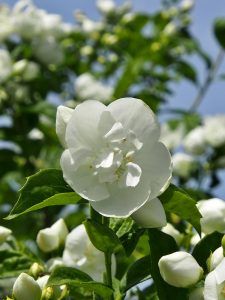 You have to prepare the compost or manure with enough time to ensure that it is well decomposed.
You have to prepare the compost or manure with enough time to ensure that it is well decomposed.
Then, open a hole in the space where you will plant the jasmine, introduce a handful of fertilizer for each plant and cover it.
Carry out this procedure at least a week before planting so that the nutrients are released and the jasmine can take advantage of them.
The liquid fertilizer will be the one that will help the flowering process to run more conveniently. Its preparation will be in line with what the manufacturer indicates, since each case is different and the formula must be respected.
Take into account that an excess of fertilization can be more harmful than a deficit, since it will lead to a total imbalance of all the functions of the plant. If you work with a granular fertilizer, you will only have to spread it on the surface of the substrate and then water.
Although it can be used in all cases, it is a more recommended version for jasmines that are planted in the garden and not in pots.
How do we detect if the jasmines need fertilizer?
The most pleasant thing about having a jasmine plant is that it produces an abundance of flowers and notice the contrast that occurs between the green of the foliage and the beautiful flowers. But what happens when the plans don’t go as you expected and in return you get a poor flowering with unenviable characteristics.
It is very possible that the plant is asking you (almost screaming) to give it a little love with fertilizers to restore its energies. During the flowering process, the jasmines are like in a marathon race and wear is quite a lot.
This is not the only case in which, we could say, the plant requires fertilizer. You should also pay attention to:
- Slow plant growth or greening after winter.
- Early leaf drop.
- Fall of the flower buds without reaching the moment of opening the flowers.
- Very faint aroma that is barely possible to perceive at night.
Jasmines can be used for just about any ornamental purpose you can think of and that has made them much more popular in recent times. Ensuring a jasmine fertilizer process that meets your requirements will be the safest way to enjoy exceptional blooms every season.
And you can achieve that, even if you are new to this matter, by taking note of each of the details that we gave you in this post.
bibliographical references
- Jasminum officinale L. subsp. grandiflorum (L.) comb. nova, E LAGUNA – Toll Negre, 2006 – internatura.org
- The Big Book of Exotic Plants, P Blin – 2020 – books.google.com
- Climbing Plants, I Jachertz – 2006 – books.google.com
- Errors and confusions about Jasminum azoricum L, JI de Juana – Bouteloua, 2013 – floramontiberica.org
- Top 100 Outfielder Mistakes and How to Avoid Them, E Boffelli, G Sirtori – 2019 – books.google.com
Maybe you are also interested in:
- How often and how to water my Jasmines?
- Jasmine Vine Care: [Soil, Humidity, Pruning and Problems]
- Jasmine Care: [Soil, Humidity, Pruning and Problems]
- Common Jasmine Cuttings: [Grafts, Time, Rooting and Planting]
- Jasmine Cuttings in Water: [Grafts, Time, Rooting and Planting]
- Spanish Jasmine Cuttings: [Time, Eradication, Planting and Fertilizer]
- Prune a Jasmine: [Importance, Time, Tools, Considerations and Steps]

